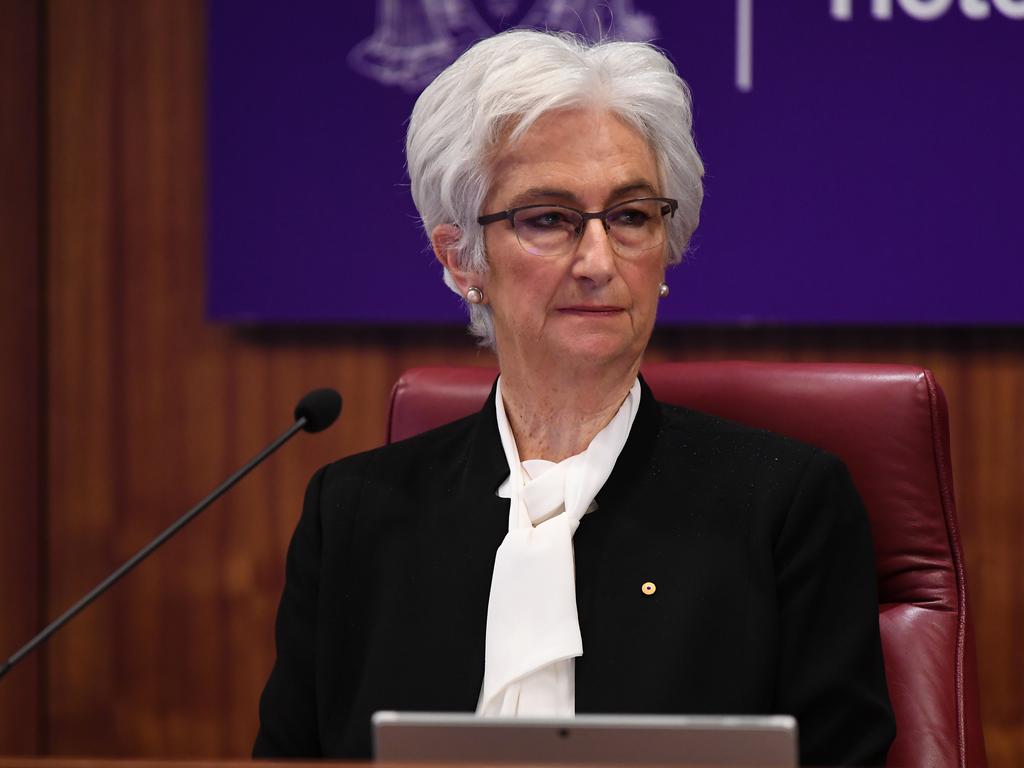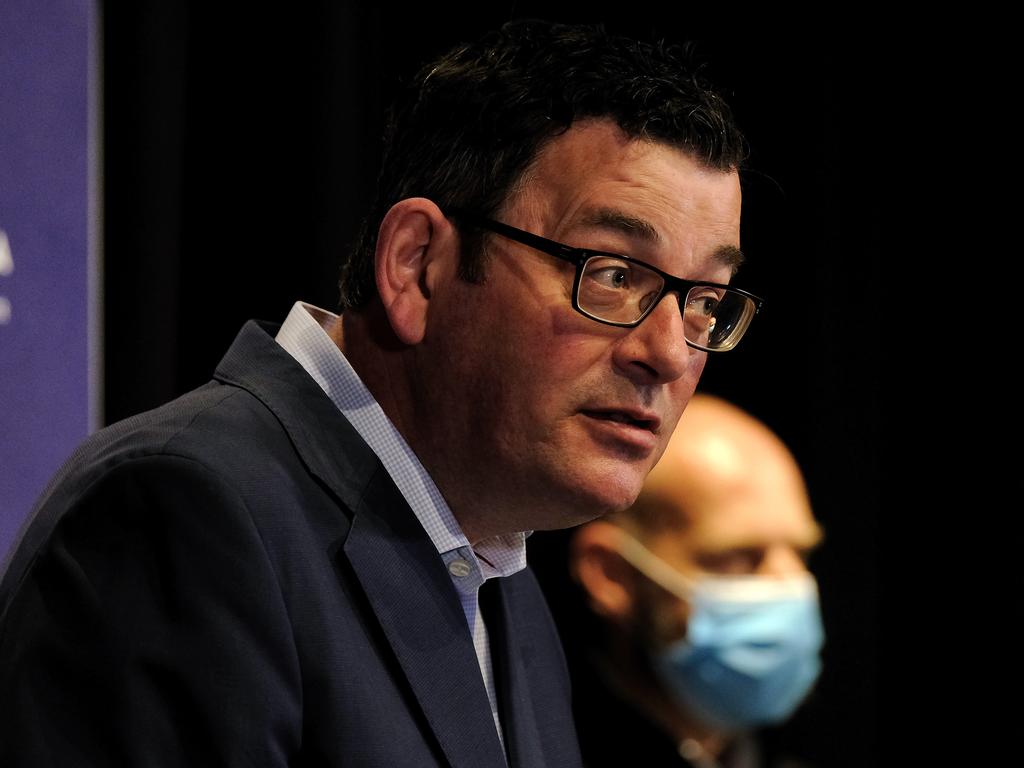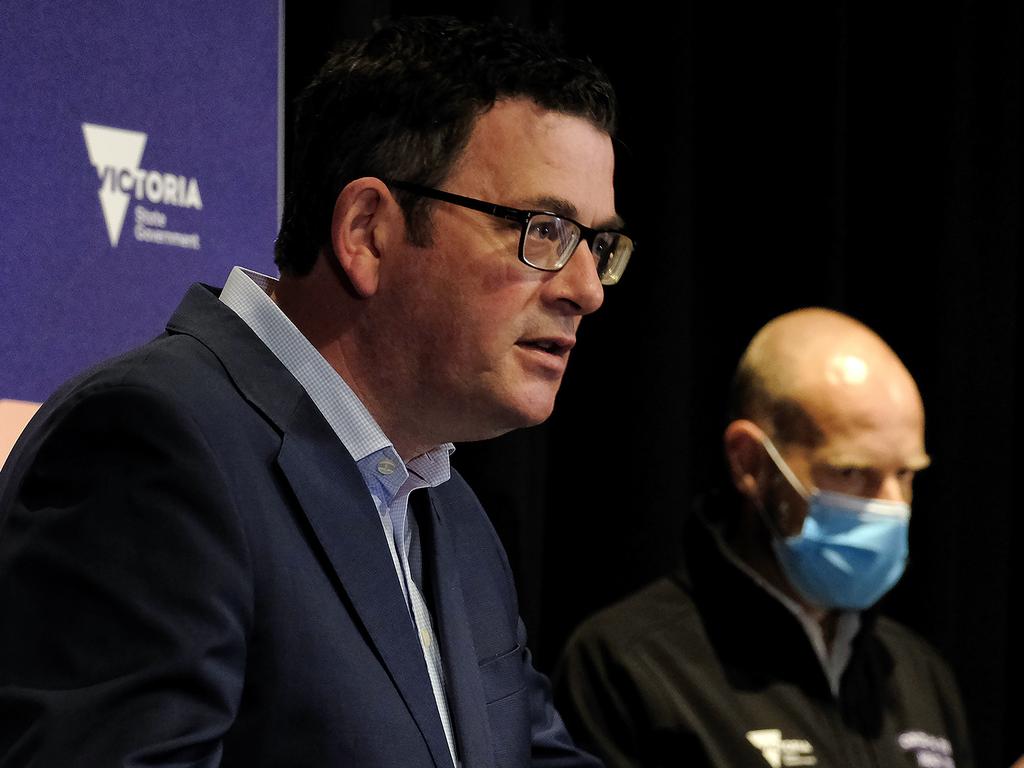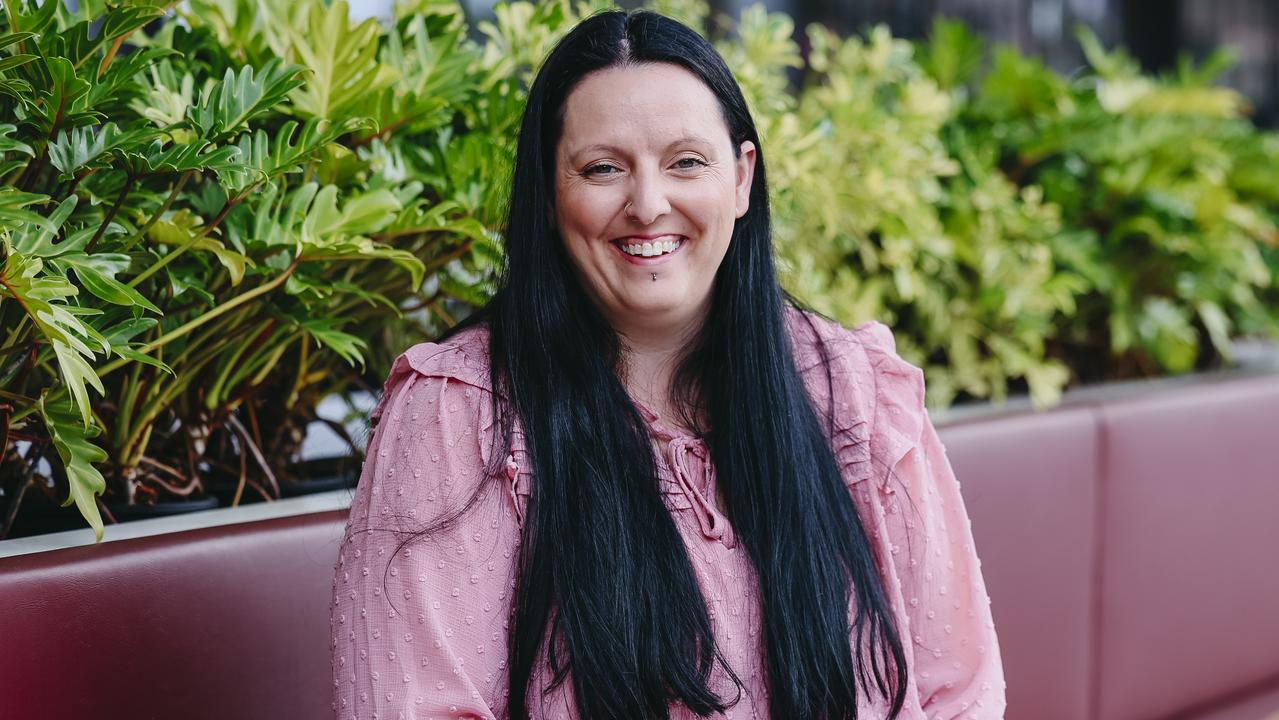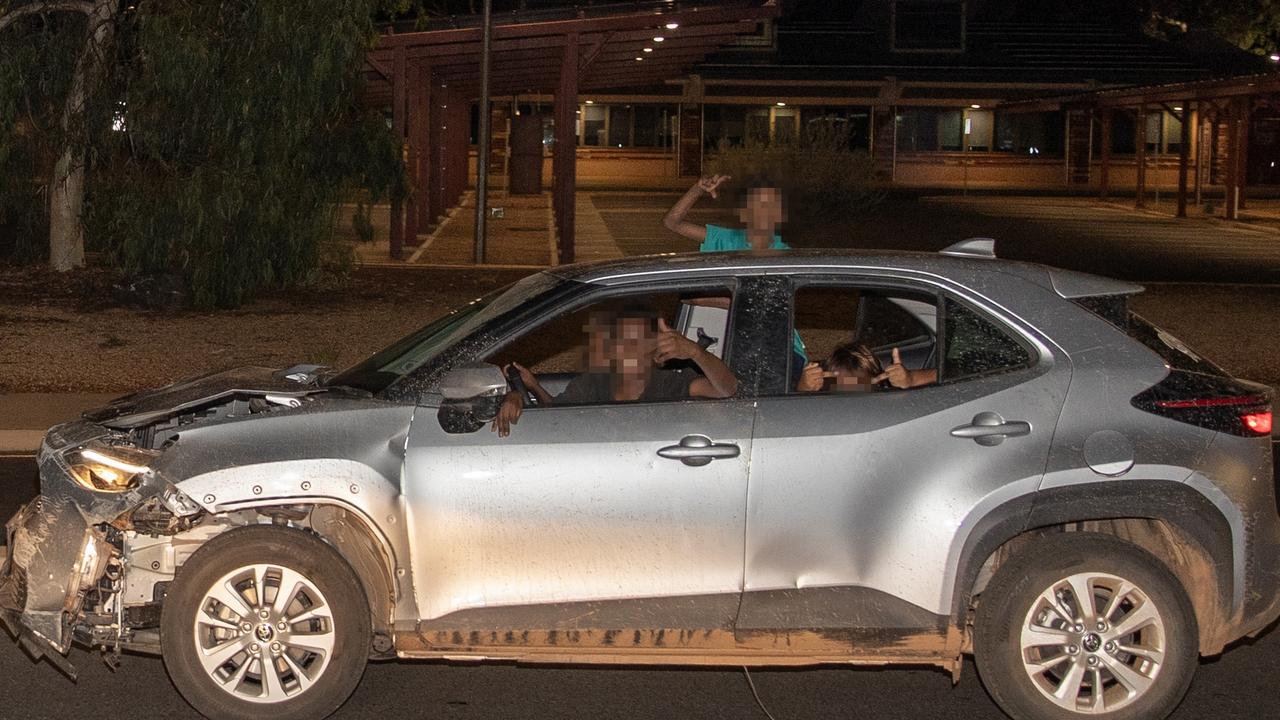Coronavirus: Curfew ‘last straw’ for closed Melbourne
Melbourne’s curfew could be contributing to noncompliance with public health orders as lockdown fatigue compounds growing Covid case numbers, experts warn.
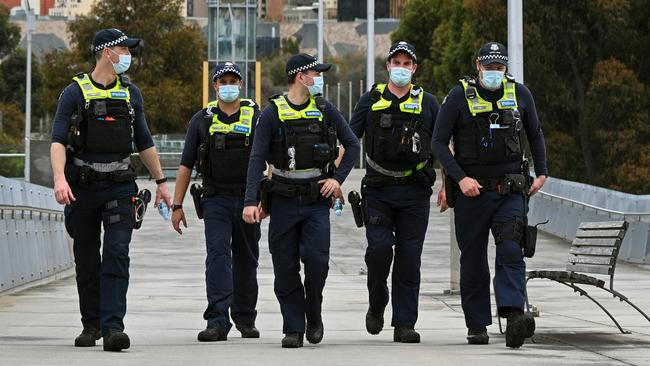
Melbourne’s curfew could be contributing to noncompliance with public health orders as lockdown fatigue compounds growing Covid case numbers, experts warn.
Deakin University chair in epidemiology Catherine Bennett said the curfew was the last straw for many people and there remained no clear evidence the measure was about anything other than enforcement.
“I think it just comes down to enforcement and I think you have to then think very carefully at this stage – with the longest lockdown in the world – what elements are necessary,” Professor Bennett said.
“Which are the bits that keep people on board and which are the bits that are actually probably undermining some of your other compliance, because it’s asking more from people than they’ve got to give.”
Chief health officer Brett Sutton on Monday said he would consider lifting the curfew ahead of the 70 per cent double dose vaccination target, expected on October 26, but continued to back the restriction as part of a package of measures.
He said he believed the measure put a lid on infections linked to the AFL grand final weekend, which health authorities have blamed for a surge in cases.
“I hate to think, as I’ve just said, how it might have been if there was no oversight of all movement after curfew hours were in place,” he said. “The message is really clear: I can’t but give evidence-based recommendations that transmission within households will lead to a spike in numbers – that’s what we saw.”
But Professor Bennett said the curfew just as likely led to sleepovers on the grand final weekend as much as people cutting parties short to return home before 9pm.
“I mean the point is you don’t know,” she said. “You can hypothesise these things, but this isn’t something that’s hypothetical, this is something that’s very real and we don’t have a strong case for having it in place.”
Melbourne became arguably the most locked down city in the world after notching 246-days on Monday.
Victoria recorded 1377 cases on Monday and four deaths, with 498 people in hospital, 96 in intensive care and 59 on a ventilator.
The state reached a single-dose vaccine rate of 82.8 per cent and double-dose coverage of 52.5 per cent.
University of Queensland psychology professor Jolanda Jetten has been tracking mental health research throughout the pandemic and said Melbourne was overwhelmed by a sense of defeat as daily case numbers remained above 1000.
“This huge sense of defeat is also undermining the willingness of people to do it (follow rules) but also that creates more frustration,” she said.
“If I worry that other people are just not going to play along anymore, well why would I play along?
“The solidarity is completely broken and that itself is a very strong predictor of poor mental health.”
Professor Jetten said many people saw curfew as a strange measure imposed on their lives without clear explanation.
“It’s affecting a lot of people in a negative way to perhaps catch a few people who plan some parties,” she said. “So that’s maybe why people might just feel like it’s unfair or, you know, it doesn’t seem to be the most straightforward way in which you can actually control the virus.”
Victorian Opposition Leader Matthew Guy renewed calls for the curfew to end, saying the public had yet to see evidence of its effectiveness and the measure disproportionately affected shift workers.
“The curfew should end because it is not practical, it is not based on health advice and importantly it is hurting families at a time when we need to open those families back up to normality,” he said.
Ahead of senior high school tests on Tuesday, health authorities detected at least 33 positive cases among 8000 students. Pupils in hotspot suburbs were strongly advised to undergo tests ahead of their exams.
Professor Sutton also said isolation protocols around positive students would change, with entire schools no longer required to isolate as authorities assessed factors such as whether classmates and teachers were fully vaccinated and whether masks were worn.

